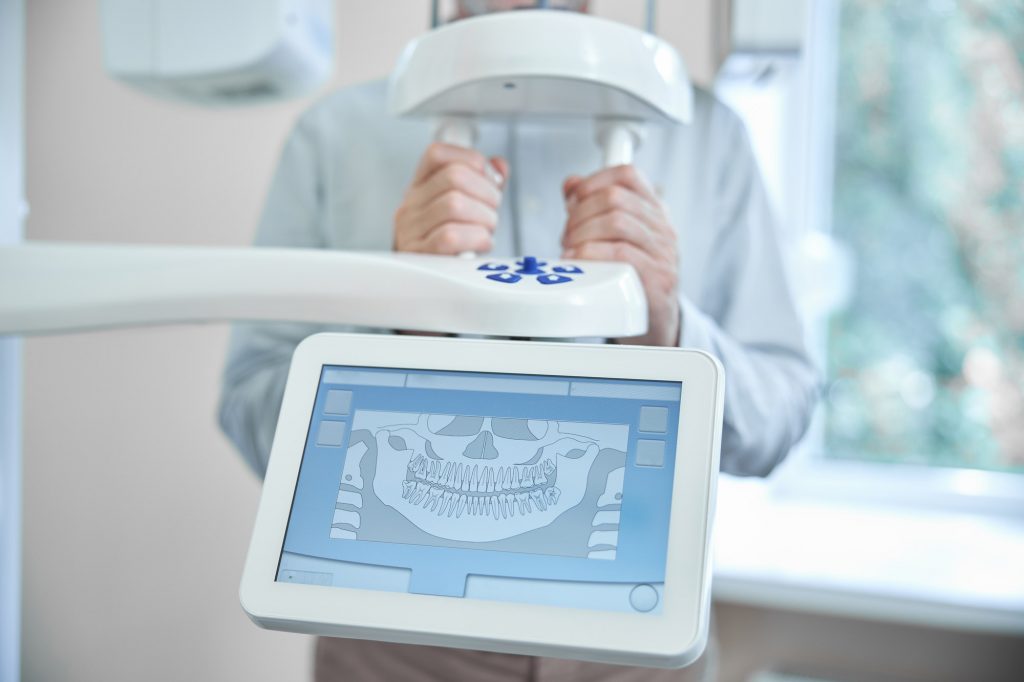Take care of your oral hygiene with these top tips from our experts
Watch out for bad breath
Bad breath is caused by the bacteria that builds up in your mouth, so adhering to your brushing habits is particularly important to combat it. Don't forget to brush your tongue too, as bacteria are likely to build up there. You can also keep bad breath away from your mouth by using daily mouthwashes and by carefully flossing between your teeth.
Persistent bad breath could be a sign of a more serious condition like gum disease, so if you're following a good oral health routine and the smell isn't improving, schedule an appointment for a checkup with your dentist to be safe.
Share a kiss - not a toothbrush
The bacteria and viruses that cause colds, sore throats and even COVID-19 can be spread from person to person through saliva, yet one in four of us are willing to share toothbrushes with other people. Bacteria can live on a toothbrush for anywhere between a few hours to several days, which makes avoiding sharing your toothbrush, even with loved ones, very important.
Remember to brush your teeth twice a day, and definitely at night. Also, aim to replace your toothbrush every three months or as soon as the bristles fall out.
Use products containing fluoride
Whether it's a mouthwash or a toothpaste, using fluoride-containing products will help prevent tooth decay and improve your overall oral health.
In most cases, the standard toothpaste from a supermarket will contain a sufficient amount of fluoride, but if you are at increased risk of tooth decay, your dentist may recommend a toothpaste with high fluoride.
Smile safely
Confidence is key, so if you think that having a brighter smile will increase your confidence, you may have considered teeth whitening at some point.
Teeth whitening can be performed safely and legally by a dentist. Don't be tempted to visit a cosmetician or use home whitener purchased on the Internet, which may contain much higher concentrations of hydrogen peroxide. You could run the risk of permanent damage to your teeth and gums
You should always talk to your dentist about which whitening options are best for you. Teeth whitening is considered a dental procedure, so only a qualified and registered dentist (or dental hygienist or dentist clinician, with a dentist's prescription) can legally carry out the treatment.
There are many over-the-counter products that you can use, but as the legal limit for hydrogen peroxide in these products is 0.1%, this will have little or no long-term effect on your teeth.
The dentist and oral hygiene are your friends
Keeping up with your regular check-ups with a dentist can help make sure your oral health is the best it can be all year round. You should visit your dentist and your hygienist for checkups as often as they recommend.
This way, they can also identify and deal with any problems early, before they have the chance to develop into something more serious.
For further dental advice, contact the Dental Helpline . You can call them for free advice at (+30) 2310436052 all week except Tuesday from 03.00pm or email them using the online form



























